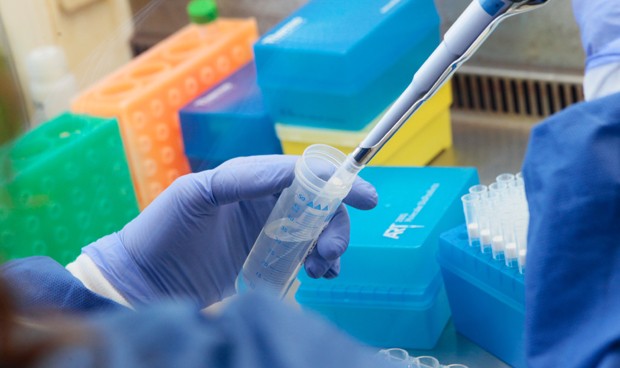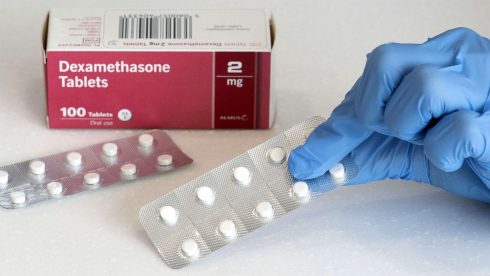SPAIN is to ramp up coronavirus testing as the country gets ready to come out of the State of Alarm this Sunday (June 21).
Concerns over a second spike in COVID-19 cases means that PCR tests are set to be done on anybody that has had close contact with an infected person, even if they themselves do not show any symptoms of the virus.
DID YOU KNOW?
A PCR test is the most-trusted test to confirm COVID-19 infection. The procedure takes at least 4 hours to return results, after taking a swab test from the throat/nasal passage of a suspected patient. Spain’s government exclusively publishes PCR test results, as they have an 84% sensitivity.
So-called ‘rapid’ or seroimmunilogical tests can give results in minutes, but the sensitivity is lower. Spain’s government ordered 600,000 such tests back in March before finding a sensitivity of under 30%. This meant that only 3 of every 10 COVID-19 patients would give a positive result. These tests test for antibodies against COVID-19, while PCR tests for viral genetic material, or RNA.
Tests only happen at the moment if somebody presents obvious signs that may have contracted COVID-19 through being close contact.
A recent study from the European Centre for Disease Control and Prevention suggested that the number of new coronavirus cases could rise in the next few weeks.
That’s significantly earlier than the predicted late autumn or winter spike, with Spanish scientists making calls on PCE testing to be extended across the country.
The Health Ministry in Madrid appears to have heeded their concerns and have agreed on wider test protocols with regional governments, which are expected to be implemented soon.








